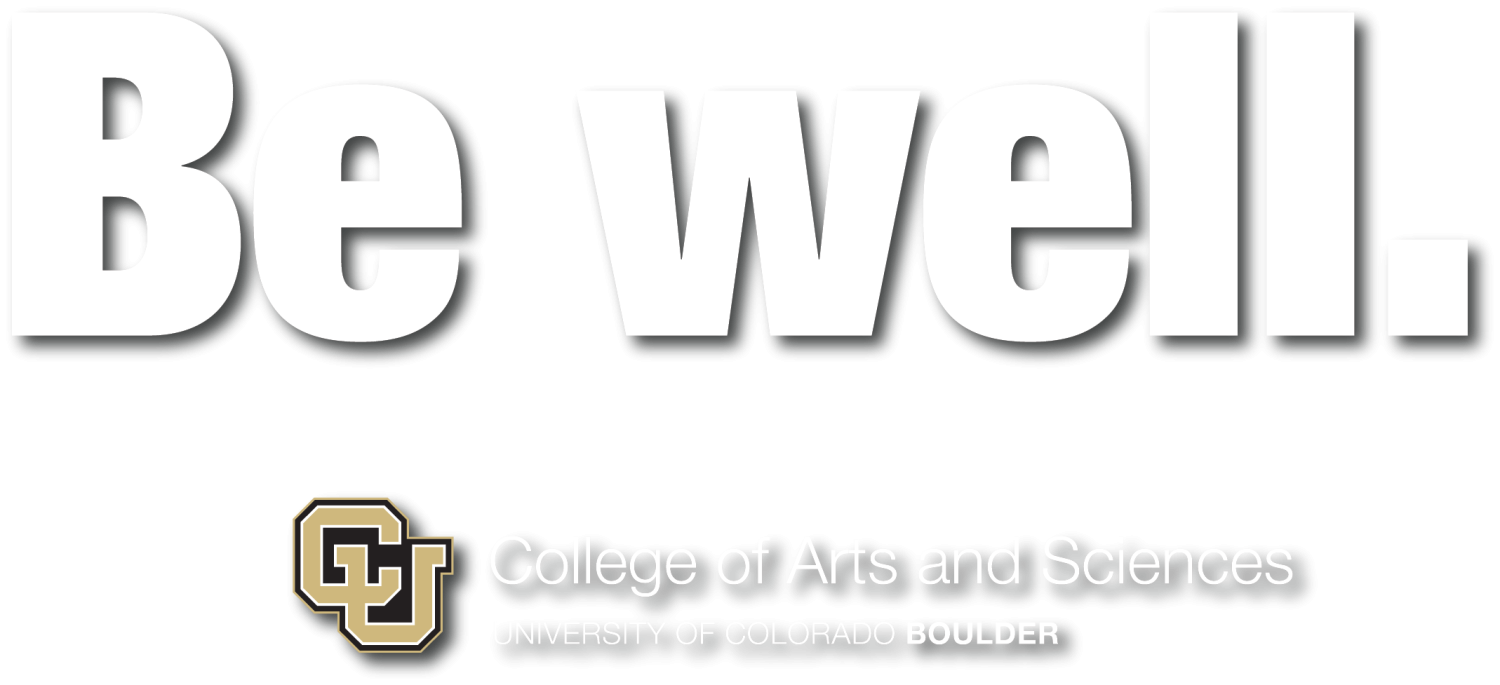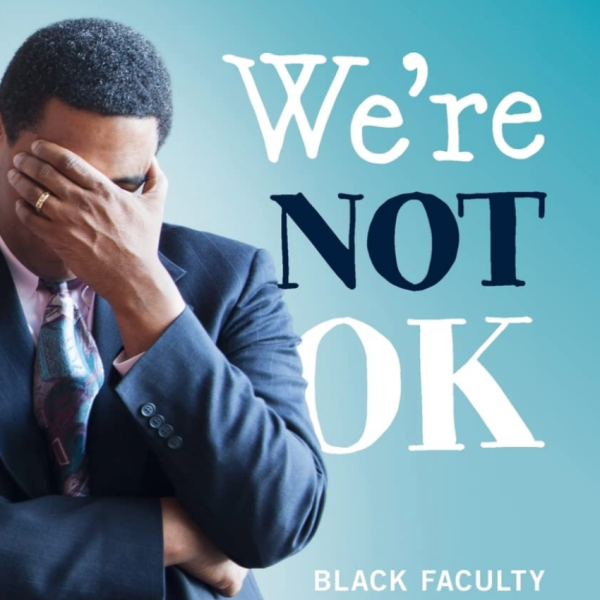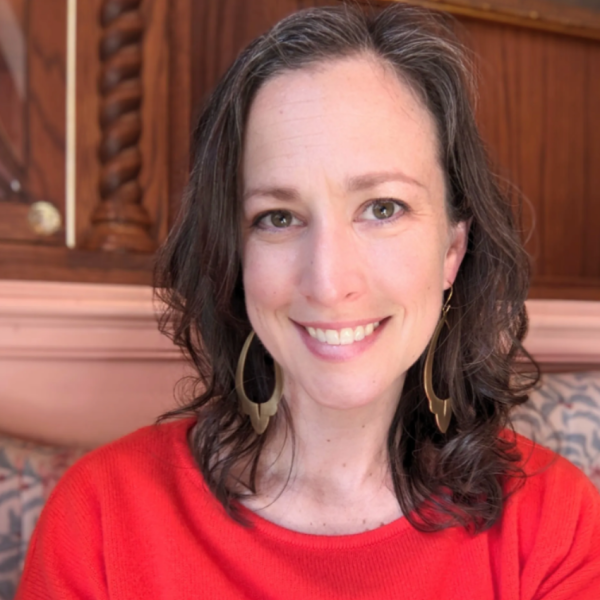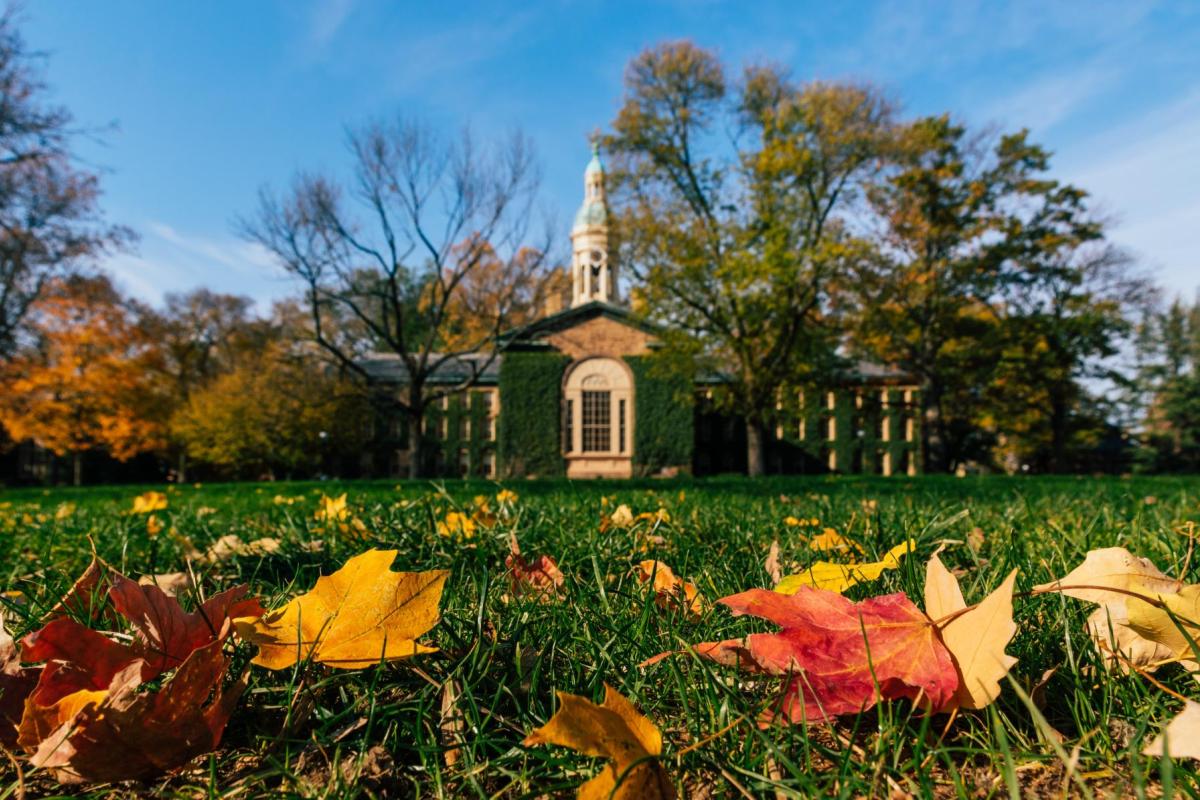March 2023: Herd health
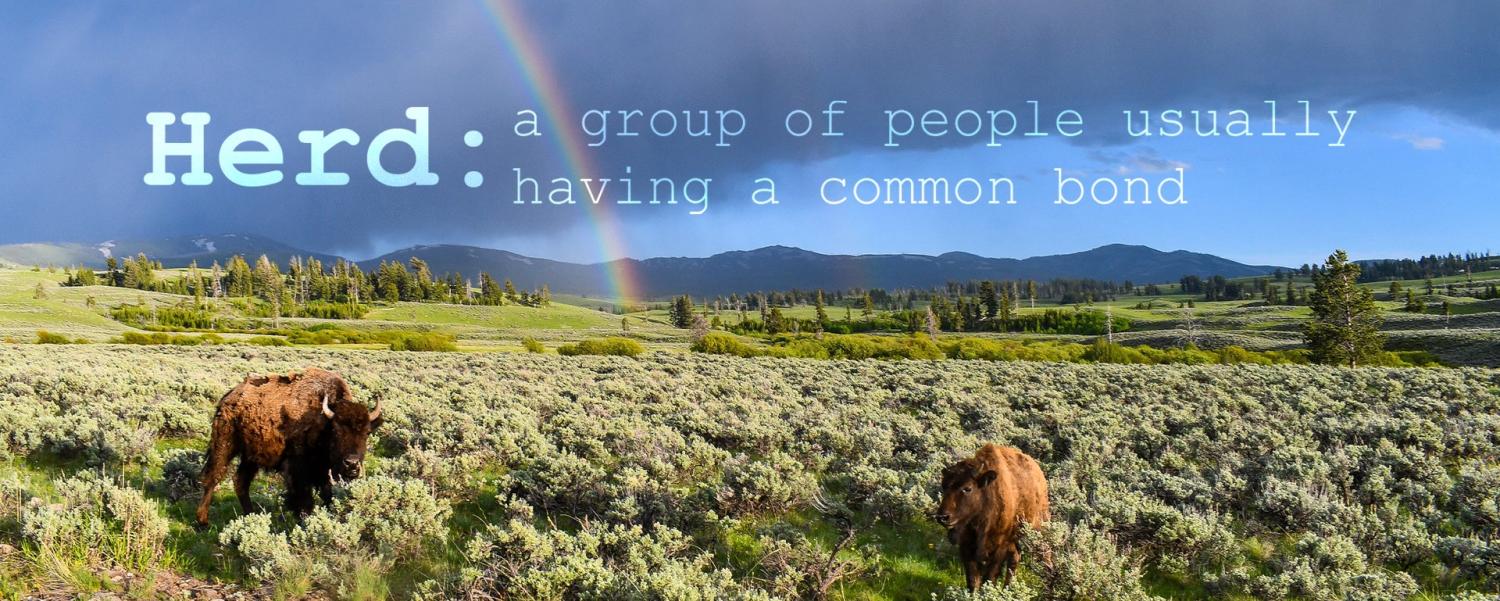
Featured events
Explore the latest research on the role Heart Rate Variability (HRV) and emotions play in performance and health. Participants will learn how to utilize the heart/brain connection to regulate heart rhythms to immediately address their emotional state.
Tues., Feb. 13 at 1 p.m.
Registration required.
--
Erin Cunningham Ritter, PhD, is the director of wellness and employee engagement for the College of Arts and Sciences at CU Boulder.
Utilizing self-reflection exercises and small and large group discussion, the authors of “We’re Not OK: Black Faculty Experiences and Higher Education Strategies” along with workshop participants will examine real-world narratives from Black faculty.
Noon Tues., Feb. 27, 2024
Registration required.
Join us for a two-day exploration of innovative teaching methodologies and practices that are shaping the future of learning in higher education. This conference is free to all CU educators and future educators, including faculty, staff, postdocs, and graduate students.
Feb. 26-27
Keynote speaker: Christina Katopodis, PhD, City University of New York (CUNY)
Sponsor: Center for Teaching and Learning
Put wellness on your calendar!
A&S Faculty for Wellness
Collaborative anthropology
Jen Shannon, a Curator and Associate Professor, practices collaborative anthropology. The demands, activism, and participation of Indigenous peoples have shaped her practice and moved collaborative anthropology to the center of our discipline in North America. Collaborative anthropology is not only with and for Indigenous peoples, but they have been vital in shaping its development and prominence in the field. It can be practiced anywhere with anyone. Collaborative anthropology, and shared authority, often means her research takes unexpected turns-- resulting in her working on things she would never have anticipated... like leading video workshops, co-authoring comic books, and hosting a podcast!
Herd mentality: Understanding movement between countries
Fernando Riosmena is an Associate Professor at the Population Program and the Geography Department at the University of Colorado at Boulder, and Director for Diversity, Equity, and Inclusion at the Institute of Behavioral Science. His research aims at improving understanding of the theories, drivers, empirical measurement, and analytical strategies to analyze spatial mobility, with a particular focus on the social, economic, policy, and environmental factors likely influencing international migration between Mexico and the United States.
Culture and diseases of the early American West
Professor Elizabeth Fenn studies the early American West, focusing on epidemic disease, Native American, and environmental history.
Africa American history: Finding strength in knowing the past
Professor Lawrence-Sanders teaches courses in U.S. history, African American history, and African American women's history with particular focus on American Civil War memory, Black cultural history, Black radicalism, and collective memory in the United States.
Empowering the Latinx community
Professor Natalie Mendoza specializes in Mexican American and Chicanx history, U.S. Latinx history, U.S. civil rights history, and the history of race and racism in the United States.
Herd Health
Kathryn Goldfarb is a cultural and medical anthropologist. Her research focuses on the ways social relationships impact embodied experience, intersections between public policy and well-being, and the co-production of scientific knowledge and subjective experiences, including narrative creation.
Let's talk social!
Tiffany Ito is the director of the Social Neuroscience Lab. Her research addresses social psychological issues using a multi-level approach that integrates social psychological and neuroscience perspectives.
Social Neuro Science Lab studies social processes. The lab's research integrates theories and methods from social psychology, cognitive psychology, and neuroscience to study issues related to stereotyping, prejudice, person perception, drug addiction, and recovery from traumatic brain injury.
In 2017, Ito spoke with the Colorado Arts & Sciences Magazine on the topic of creating a sense of belonging for women in physics. Learn more.
Power in groups
David Cook-Martín works as a political sociologist who focuses on understanding migration, race, ethnicity, law, and citizenship in an international field of power.
Tips & Tools for Wellness
Find how to get along roommates! Learn tricks and tips to setting boundaries and your place feel like home.
SIX things you need know to thrive in Boulder.
Check out our offerings to learn more.
Take the lead in your wellness journey!
There may be a Buff Box for you! Order a free Buff Box with supplies and resources that are delivered right to your residence hall.
Rec Services and the Pride Office invite you to join us for a fun evening of badminton!
All abilities are welcome, no experience necessary. All equipment is included. No registration required.
Women of color are underrepresented in yoga in the U.S., and we recognize the need for safe and welcoming opportunities for WoC. Through this Inclusive Rec program, we hope to foster community, mindfulness and authenticity.
SAPIENS is a podcast for all things human. Listen to interviews within anthropologists from around the globe to help us uncover what makes us human.


